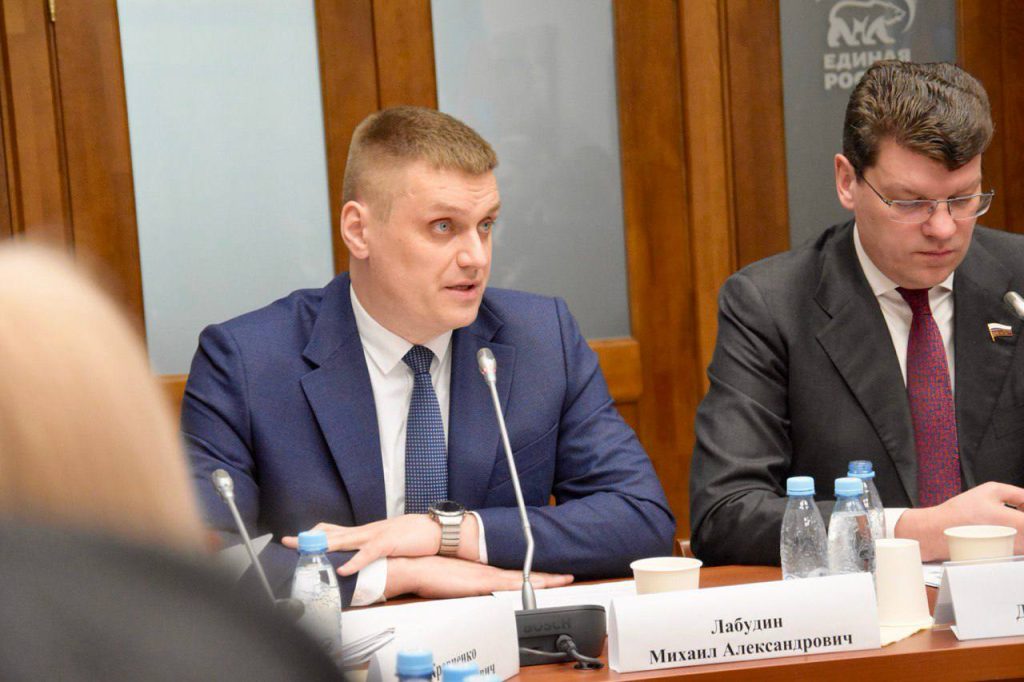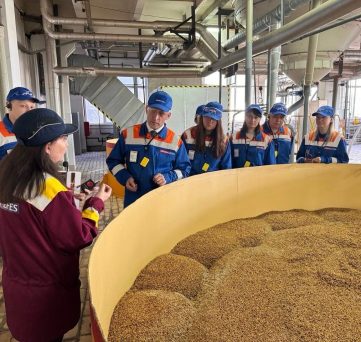SEZ Avangard took part in the expert council on the development of territories with preferential treatment

SEZ Avangard took part in the expert council on the development of territories with preferential treatment
As part of the general meeting of members of the Association of Clusters, Technoparks and SEZs of Russia, a meeting of the Expert Council on the development of territories with preferential treatment was held on the topic: “On the results of the functioning of territories with preferential treatment for 2023 and plans for 2024” of the State Duma Committee of the Russian Federation on economic policy.
The participants were greeted by Denis Kravchenko, Chairman of the Expert Council on the Development of Territories with Preferential Treatment, First Deputy Chairman of the State Duma Committee on Economic Policy. The deputy marked the beginning of the meeting of the Expert Council: “SEZs allow the development of regional territories directly, provide good incentives and impulses to entrepreneurs, and generally fit into the overall strategy for the development of the economy of the Russian Federation. Special economic zones contribute to the development of local enterprises, especially under sanctions pressure, when it is necessary to overcome difficulties more intensively. Benefits, subsidies, support from the state are what entrepreneurs need. Therefore, holding such expert councils on the development of SEZs is extremely important.”
During the meeting of the Expert Council, they discussed updating the regulatory framework, issues of development of SEZs, and also talked about achieving carbon neutrality by special economic zones of the Russian Federation.
“Today, preferential regimes in the Russian Federation are rapidly developing. Particular attention is paid to special economic zones, which are an effective tool for regional development. However, for the successful functioning of special economic zones, an integrated approach and the use of various methods and tools are required. Also, the Association of Clusters and Technoparks of the Russian Federation worked on the issue of how SEZs can contribute to the development of the climate agenda. In 2023, as part of the instructions of the Minister of Economic Development, the Association of Clusters and Technoparks of the Russian Federation developed a methodology for calculating greenhouse gas emissions by SEZ and, for its practical confirmation, launched an experiment to achieve carbon neutrality of the SEZ, in which 4 SEZs took part: SEZ Avangard, SEZ “Alga”, SEZ “Technopolis Moscow” and SEZ “Lipetsk”,” said Mikhail Labudin, director of the Association of Clusters, Technoparks and SEZs of Russia.
The participants of the meeting – representatives of the Ministry of Economic Development of Russia and members of the Association of Clusters and Technoparks of the Russian Federation – noted the relevance of applying the cluster approach, developing logistics activities in the SEZ, reducing the rate of the single social tax for SEZ residents and creating university campuses for the purpose of training personnel for the SEZ.
“In order to fulfill the instructions of the President of the Russian Federation, the Government of the Moscow Region is creating and developing state industrial parks. The implementation of a project to create campuses in industrial territories, including on the sites of special economic zones, is, first of all, creating an environment for the influx and development of personnel. Important elements of this environment are housing, scientific, educational and technological infrastructure,” Anton Afanasyev, General Director of the Dubna SEZ.
Let us recall that on March 13, the State Duma of the Federal Assembly of the Russian Federation hosted the annual meeting of members of the Association of Clusters, Technoparks and Special Economic Zones of Russia. The meeting also included an Expert Council on the development of industrial infrastructure (industrial parks, technology parks, eco-technoparks and clusters) of the Committee on Industry and Trade of the State Duma of the Russian Federation.
Source





